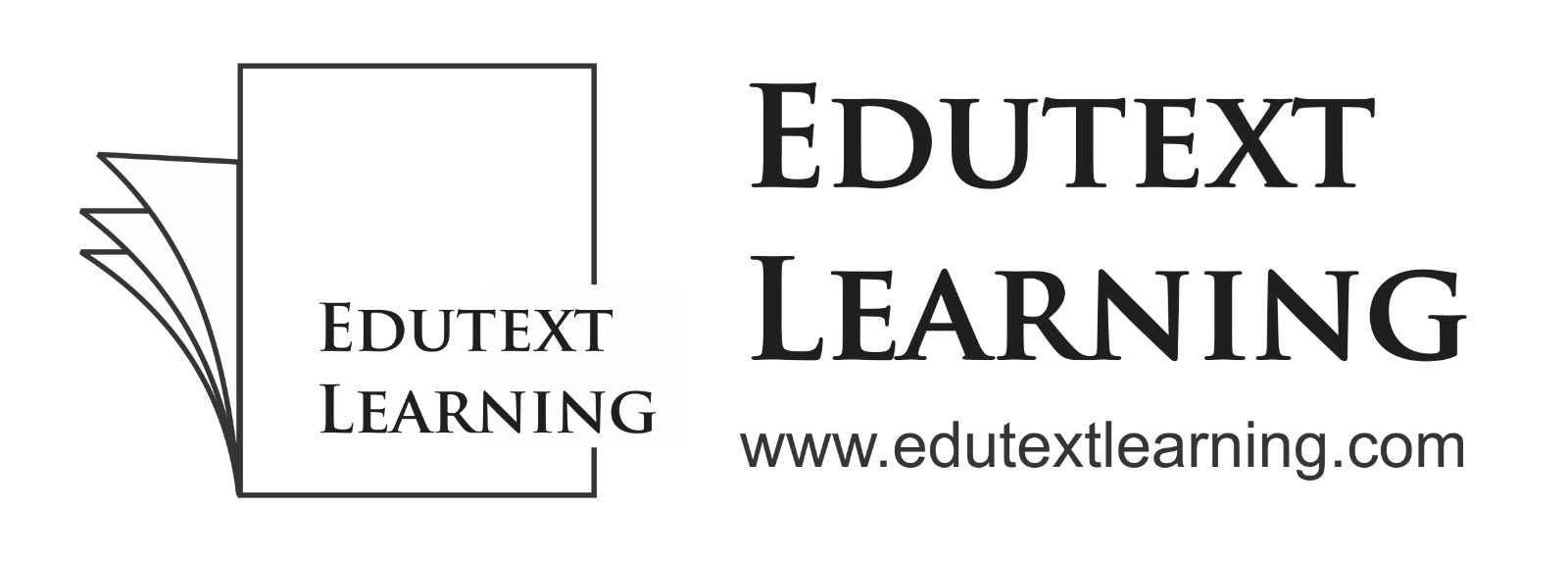It is held in this book that the functions of language, both intralinguistic and extralinguistic, are crucial in accounting for linguistic change. To dismiss functional pressure as being at all influential in the direction of linguistic development would be extreme. To take a simple example: the history of the English pronouns shows a steady replacement of many less distinctive native h-types by markedly distinctive forms borrowed from or influenced by Scandinavian (e.g. they, their, them and, probably, she). By function is meant intralinguistically the role individual linguistic items play within an overall linguistic system, and-and this is an extension of traditional usage, although quite commonplace in sociolinguistic literature-also extra linguistically the role linguistic systems play in society. By form is meant the various linguistic items themselves. Language is the expression of ideas by means of speech-sounds combined into words. Words are combined into sentences, this combination answering to that of ideas into thoughts. The functions of language include communication, the expression of identity, play, imaginative expression, and emotional release. Literature is a form of human expression. It is written material such as poetry, novels, essays, etc., works of imagination characterized by excellence of style and expression and by themes of general or enduring interest. This book focuses on functional skills in language and literature.
Title : Functional Skills in Language and Literature
- Author : Marcus Bednara
- ISBN : 9781995862903
- Binding : Paperback
- Price : $ 69.99
- Year : 2025
- Pages : 312
- Langauge : English
- Subject Category : Language



















